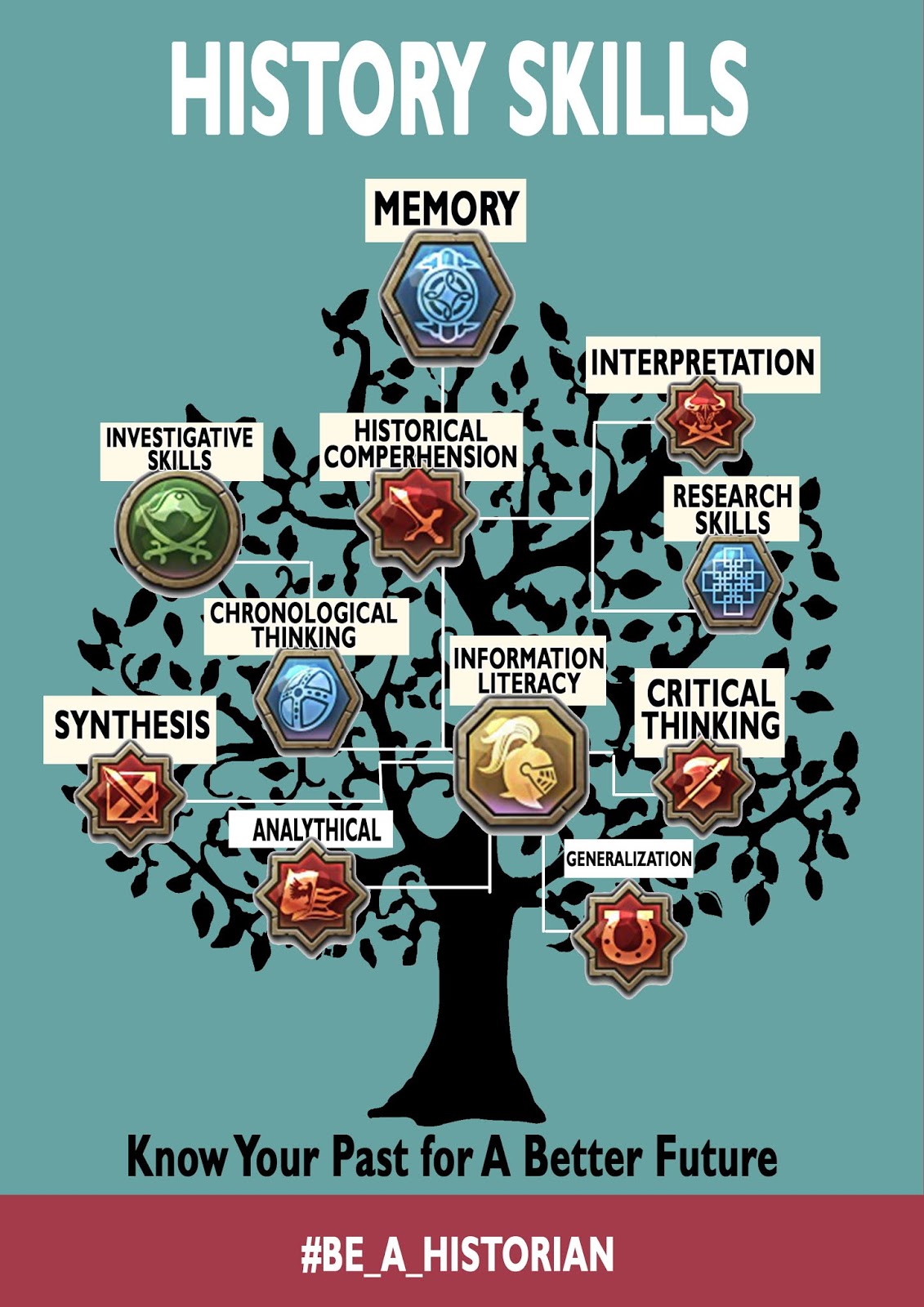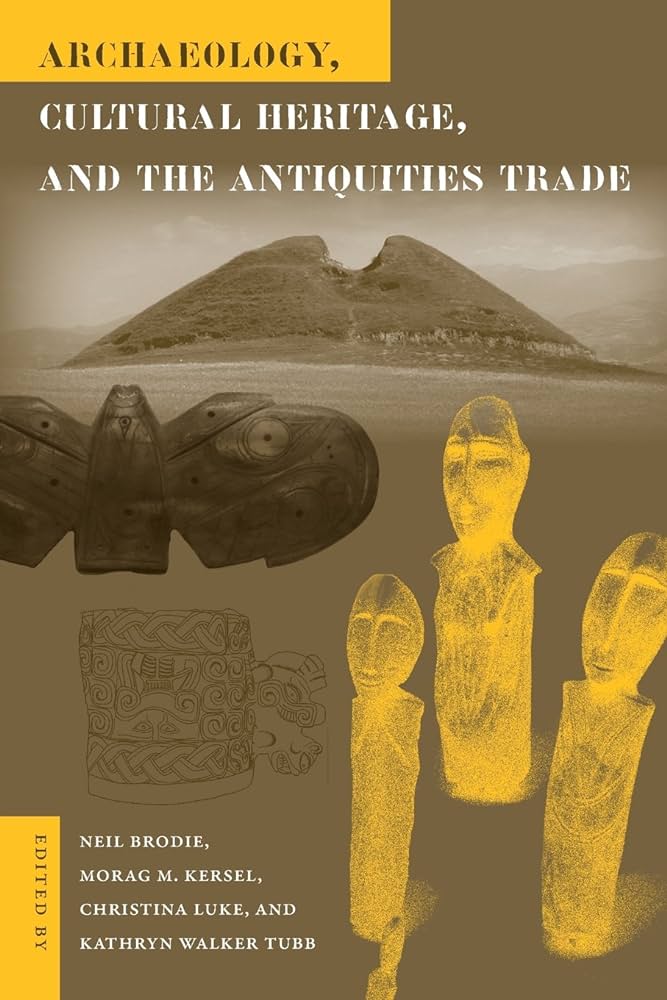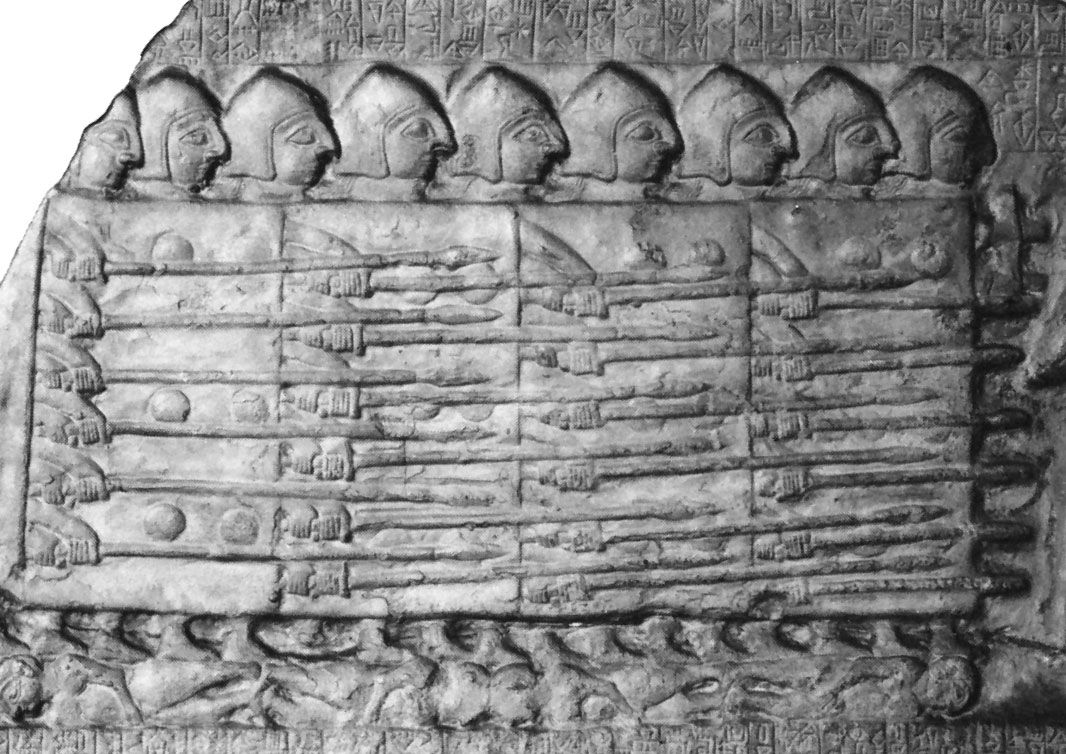Introduction
The history of intellectual thought is a captivating subject that explores the evolution of human ideas and knowledge throughout the centuries. It encompasses a broad range of disciplines, including philosophy, science, and literature, among others. By understanding how previous generations approached the world, we can better comprehend our current state of knowledge and appreciate how far we have come.
In this blog post, we’ll take a closer look at the history of intellectual thought, exploring the roots of modern ideas and how they’ve evolved, all while optimizing for SEO.
The Birth of Intellectual Thought
Intellectual thought can be traced back to ancient Greece, where the likes of Socrates, Plato, and Aristotle laid the foundation of critical thinking, logic, and philosophy. They examined the world and human existence, diving deeper to understand reality and truth. Their ideas expanded to the natural sciences, leading to advancements such as Archimedes’ mathematical works and Hippocrates’ medical advancements.
During the medieval period, intellectualism shifted due to the influence of Christian theology, abstract thought, and scholasticism. The likes of St. Augustine and St. Thomas Aquinas played an essential role in incorporating Christian doctrine into philosophy, emphasizing the value of reason and logic.
The Renaissance saw a return to classical ideas such as humanism, which explored the nature of humanity and the world, ushering in a time of literature, art, and science that would change the world. The likes of Leonardo da Vinci, Michelangelo, and Galileo Galilei were among the prominent figures that helped shape the intellectual landscape of the time.
The Enlightenment Era
The Enlightenment era marked a time of incredible intellectual growth, where the values of reason, knowledge, and individual liberty were paramount. This period saw the formation of ideas that would shape society and politics for generations to come. Figures such as Voltaire, Jean-Jacques Rousseau, and John Locke advocated for human rights, democracy, and freedom of thought.
The Industrial Revolution helped bring about advancements in science, math, and engineering. This period also brought about discussions on how scientific knowledge could contribute to society. Figures such as Charles Darwin and Mendel provided insights into the natural world, leading to advancements in medicine and agriculture.
Contemporary Intellectual Thought
Today, intellectual thought is as diverse as ever, with many disciplines contributing to our collective knowledge. From technology to social sciences, we continue to explore the world around us and question everything we think we know.
Postmodernism has brought about changes in how we analyze and approach knowledge and truth. This era has seen the rise of ideas such as deconstructionism and cultural relativism, which analyze how cultural context influences knowledge and understanding.
Conclusion
The history of intellectual thought is an ever-evolving and exciting field. From Ancient Greece to contemporary times, each era has contributed to our collective knowledge and provided us with a better understanding of ourselves and the world. By exploring the rich history of ideas and thinkers, we can understand how far we’ve come and inspire ourselves to continue advancing our knowledge and ideas.











